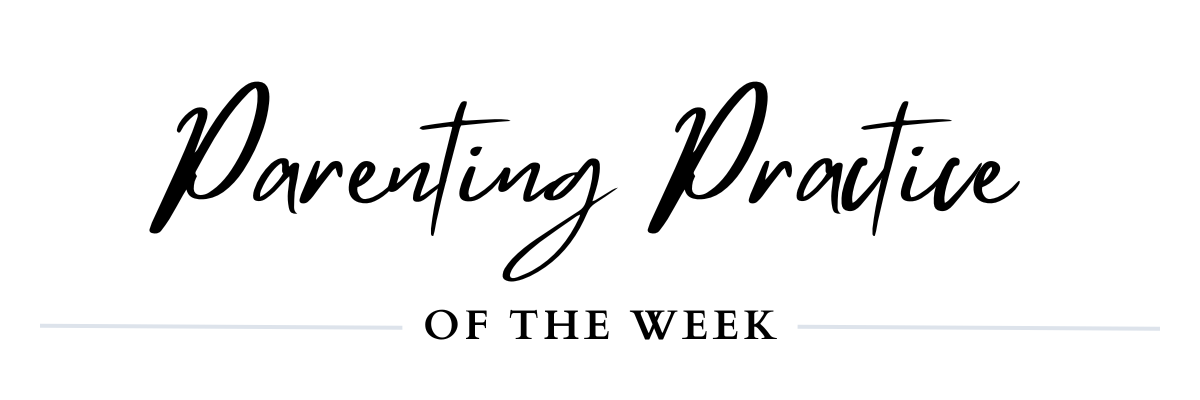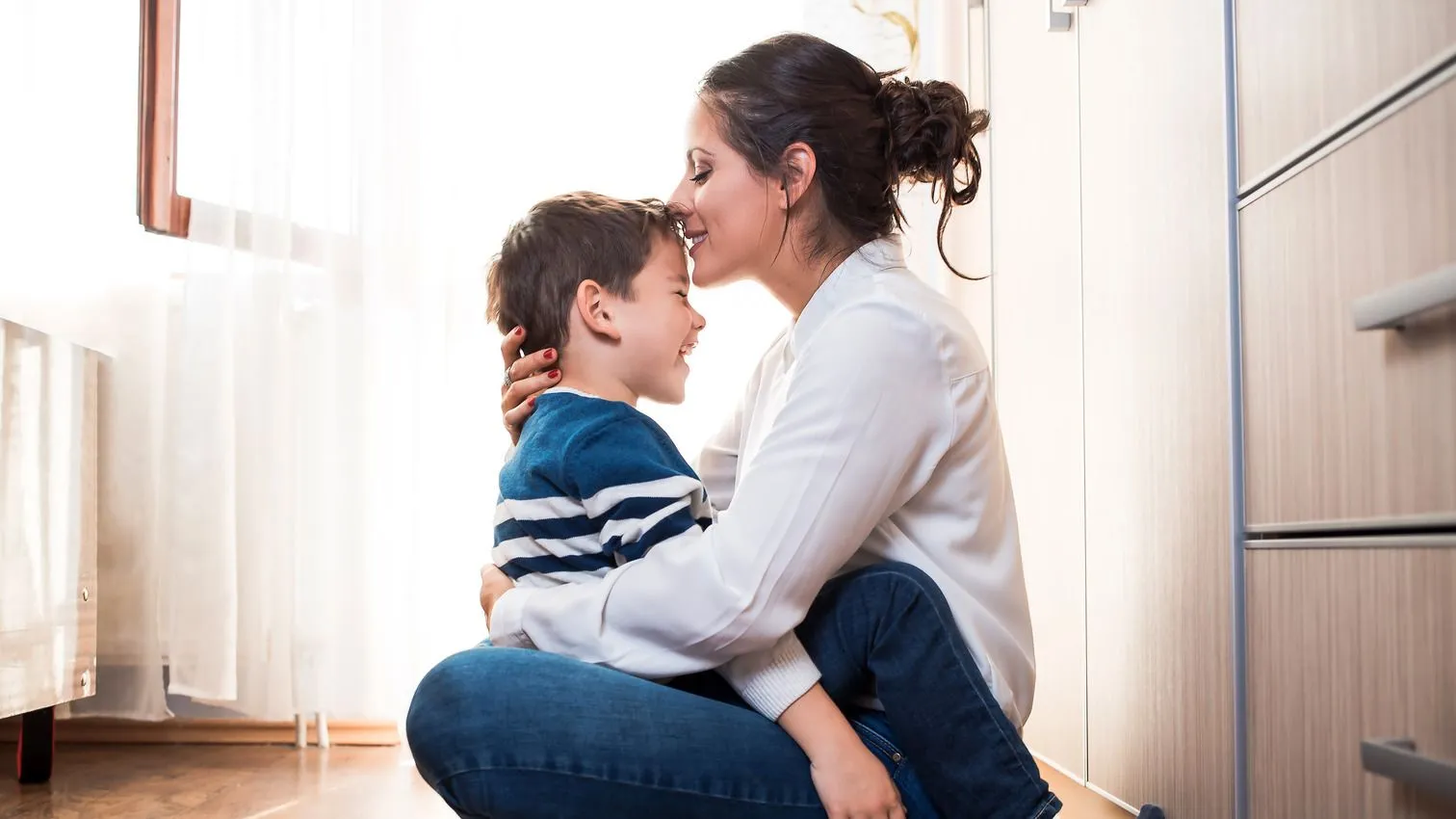The Secret to Calming Big Feelings (for Them and You)

Have you ever watched your child have a big emotional reaction and felt at a total loss for what to do or how to help?
For many of us, emotions weren’t openly talked about when we were growing up. We learned to push them aside, to "move on," or to "toughen up." So, when we see our own children experiencing intense feelings, it can feel overwhelming.
We may even find ourselves panicking or feeling uncomfortable simply because we never learned how to navigate these moments.
So what do we do?
Sometimes, we try to distract them or lighten the mood. Other times, frustration takes over, and we say things like, “You’re being too sensitive” or “This isn’t a big deal.”
And if you’ve ever responded that way, you’re not alone. It makes complete sense…
When we haven’t been taught how to process emotions, they can feel intimidating.
So, where do we go from here?
We turn toward empathy.
Empathy is the bridge that reconnects us to our kids in moments of big emotions. When we accept that strong feelings are a natural part of life (for them and for us), we create more space for safety, connection, and understanding.
Instead of reacting from a place of discomfort, we can lean in with curiosity.
And when we get curious, something powerful happens: We see our children for who they are, in the fullness of their experiences. Even the most “dramatic” or “illogical” reactions start to make sense when we approach them with compassion. And that’s where deeper connection begins.

Aiming to Understand Your Child with Empathy Guesses
This Week’s Tool: Empathy Guesses.
The next time your child (of any age) has a big emotional reaction, try this:
1.
Pause and check in with yourself.
Notice what’s happening in your own body. Are you feeling tense? Panicked? Overwhelmed? Take a slow breath and remind yourself: This is okay. My child is safe. I am safe. This is part of parenting.
2. Replace reaction with curiosity.
Instead of rushing in with “What’s wrong?!” from a place of urgency, slow down. See if you can take a guess at what your child might be experiencing.
“Are you feeling frustrated because that didn’t go the way you wanted?”
“I wonder if you’re really disappointed because you were hoping for something different.”
“I can imagine that felt really unfair.”
“I can hear in your voice how upset you are.”
3. Simply be there.
You don’t have to fix, solve, or change anything. Just reflect back what you see and let your child know: I’m here. I’m listening.
4. Hold space.
If they want to keep sharing, you can gently encourage them with,
“Tell me more” or
“That makes sense.”
This week, I invite you to try it. In a moment of big feelings, take a deep breath, offer an empathy guess, and see what happens. When a child feels deeply understood, sometimes, that’s all they need.
You’re doing amazing work. Keep going. ♡
READ MORE:
The Jai Institute for Parenting. All Rights Reserved.












